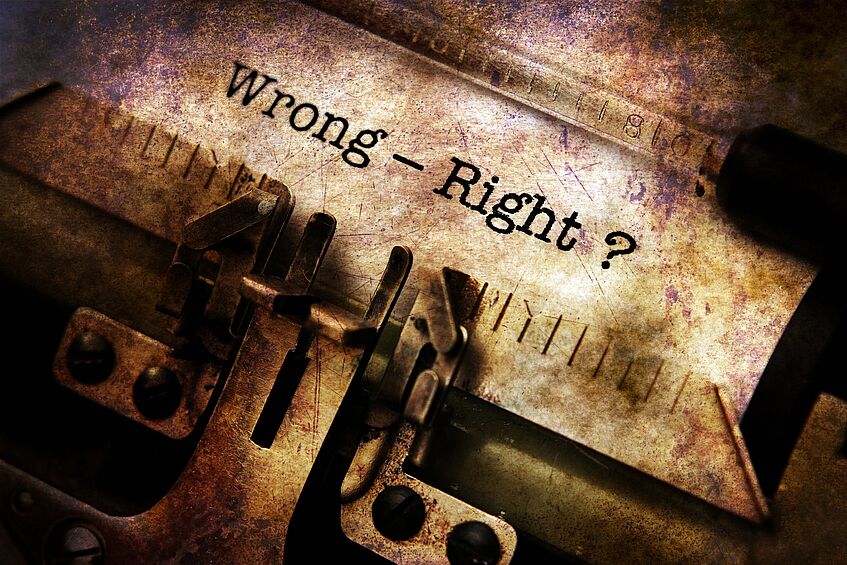The Origin(s), Meaning, and Relevance
of the Concept of Intrinsic Evil
Are there intrinsically evil acts?
"And some sins involve external acts that are evil in themselves [secundum se], as is obvious in the case of theft, adultery, murder [homicidio], and the like. […] Therefore, if we should consider an act evil in itself (e.g., theft or murder [homicidium]) as understood regarding its nature, then the nature of evil is fundamentally in the very act, since it is bereft of the requisite circumstances."
Thomas Aquinas, De malo, q. 2, a. 3.
Where is this term/concept coming from?
"In teaching the existence of intrinsically evil acts, the Church accepts the teaching of Sacred Scripture.”
John Paul II, Veritatis Splendor, no. 81.
“The common textbook explanation has been that fornication is always sinful because it is an intrinsically evil act, an act so deformed in itself that it never can be good in any circumstances. But the concept [!] of an intrinsically evil act originated in the mind of Durand of St. Pourçain [14th century] and was unknown to theologians before him."
John F. Dedek, “Premarital Sex: The Theological Argument from Peter Lombard to Durand,” Theological Studies 41, no. 4 (1980): 643-644.
What is its relevance today?
"The Church teaches that there exist acts which per se and in themselves, independently of circumstances, are always seriously wrong by reason of their object."
John Paul II, Veritatis Splendor, no. 80.
What would be examples of intrinsically evil acts?
contraception
Paul VI, Humanae Vitae, no. 14.
masturbation and homosexual acts
CDF, Persona Humana, no. 8-9.
"Whatever is hostile to life itself, such as any kind of homicide, genocide, abortion, euthanasia and voluntary suicide; whatever violates the integrity of the human person, such as mutilation, physical and mental torture and attempts to coerce the spirit; whatever is offensive to human dignity, such as subhuman living conditions, arbitrary imprisonment, deportation, slavery, prostitution and trafficking in women and children; degrading conditions of work which treat labourers as mere instruments of profit, and not as free responsible persons."
John Paul II, Veritatis Splendor, no. 80.
What is theologically problematic about the concept/term of intrinsically evil acts?
"Contemporary moral theologians are well aware that in accepting deontologically founded ´intrinsic evils´, we would […] have much greater security in making moral judgements. But the same moral theologians are of the opinion that these advantages would be too high a price to pay because, first, we would increase the lack of moral objectivity of moral judgements and, second, similar judgements could demand too much from Christians in the concrete realisation of their lives."
Josef Fuchs, Christian Ethics in a Secular Arena, 83.
"Using the phrase ´intrinsically evil´ does not contribute to our ability to have a coherent ethical conversation. Quite the contrary, it confuses much more than it clarifies. It short-circuits the need to engage moral discernment."
Joseph Selling, Reframing Catholic Theological Ethics, 21.

